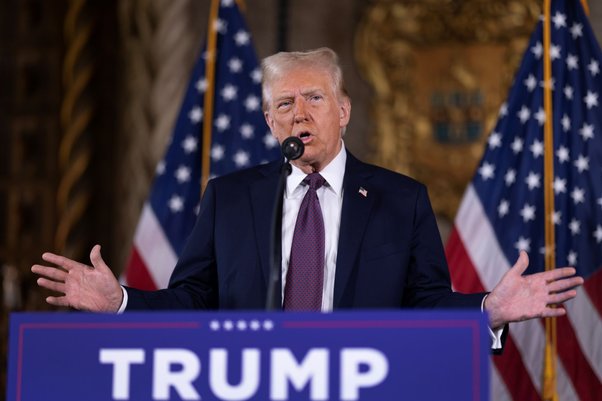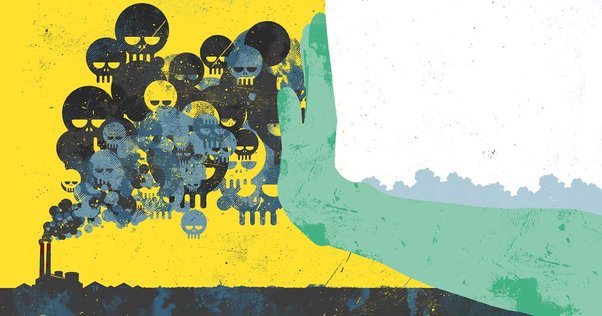Today in Washington DC, Indigenous protestors are calling on US President Biden to block a huge new oil pipeline through their land, in the face of intimidation from police and politicians in their home state of Minnesota.
In recent weeks, protesters have been camped out in freezing temperatures - some chained to each other, others on hunger strike - to oppose the upgrade to Line 3, which would send a new 337-mile pipeline through protected Native American land. This would be disastrous for the local environment and the climate, carrying the CO2 equivalent of 50 new coal power plants or 38 million cars.
In response to their peaceful protest, activists have been surrounded by an armed police presence, arrested in droves, and reportedly threatened both physically and verbally.
This kind of heavy-handed response fits a disturbing pattern of police and politicians working to defend the commercial interests of fossil fuel corporations – who happen to be major donors to police foundations and political campaigns – through the silencing of Indigenous peoples and other communities of colour.
This is nothing new – over decades, oil majors operating in the global south have faced accusations of co-opting police and armed forces to crack down on local opposition. Now it seems this approach of state-sponsored, corporate-backed intimidation has arrived in the West. And, yet again, it's predominately people of colour in the firing line.
Influx of oil cash
Ever since the violent suppression of Indigenous activists by police and private security forces at Standing Rock in 2016, there has been a wave of industry-backed legislation across the US to criminalise protests at fossil fuel sites.
This isn’t random intimidation – it’s systemic. Since May 2020, police departments across Minnesota have been able to invoice Enbridge, the company behind Line 3, for “maintaining the peace in and around the construction site”. Enbridge has said that while it recognises people’s right to express their views it won’t tolerate illegal activities like trespassing.
It seems there’s money in it for the state government too. According to the Minnesota Campaign Finance and Public Disclosure Board, Enbridge’s spending on lobbying the state Capitol increased from US $500,000 in 2008 to US $11 million in 2018. Perhaps coincidentally, a new Bill currently being debated by Minnesota’s legislature would mean Line 3 protesters could face 10 years in prison and US $20,000 in fines.
This influx of oil cash is far from unusual. A 2020 investigation exposed the amount of oil and gas money flowing into police force pockets in major US cities. Shell and Chevron, for example, are “featured partners” of the New Orleans police foundation, and sponsor the Houston police’s mounted patrol. Chevron is also on the board of Houston’s police foundation.
We haven’t yet seen violent crackdowns on climate protests in these states, but this offers a glimpse of a possible future.
After all, fossil fuel companies have faced allegations of co-opting states for decades. Chevron, one of the world’s top 20 polluters, reportedly paid Nigerian soldiers and police who crushed a peaceful protest in 1998, which killed two people. Earthrights International later filed a lawsuit against the company claiming state security forces shot at protesters from Chevron helicopters. More people are believed to have been arrested, and some tortured. Chevron was never found liable for this.
Shell has a bloody past in Nigeria too, where military troops historically guarded its refineries. The company has been accused of complicity in the military execution of nine men in the 1990s who spoke out against Shell’s impacts in the Niger Delta. Two witnesses later said they had been offered jobs with Shell to accuse these men of crimes they didn’t commit. Shell has always denied these claims.
Since the 1980s there have been dozens of oil spills from Shell's Niger Delta pipelines. Every year 16,000 babies reportedly die from the effects of oil pollution in the region.
There are countless more examples of these unholy alliances. In 2018, for example, the Canada-based oil and gas company Frontera Energy paid Colombia’s Ministry of Defence over US $1.3 million for army protection for its operations. Later that year, eight critics of the company were arrested Three were sent to prison and five placed under house arrest.
Crackdown on climate activism
Our planet is rapidly heating up, but so too is the crackdown on climate activism. In recent years authoritarian regimes like India, the Philippines and Brazil have upped their efforts to muzzle protesters. But countries that pride themselves on their democratic freedoms are using similar tactics.
In January, Ohio became the 13th US state since 2017 to impose harsher penalties on fossil fuel protesters. The UK is currently debating a new Bill that would significantly increase police powers to criminalize protests. Australia’s state and federal governments are ramping up anti-protest laws too.
We still have time to stop Earth becoming inhabitable, but not much. Until we start prioritising the lives and rights of climate defenders over fossil fuel interests, we’ll be fighting a losing battle.


